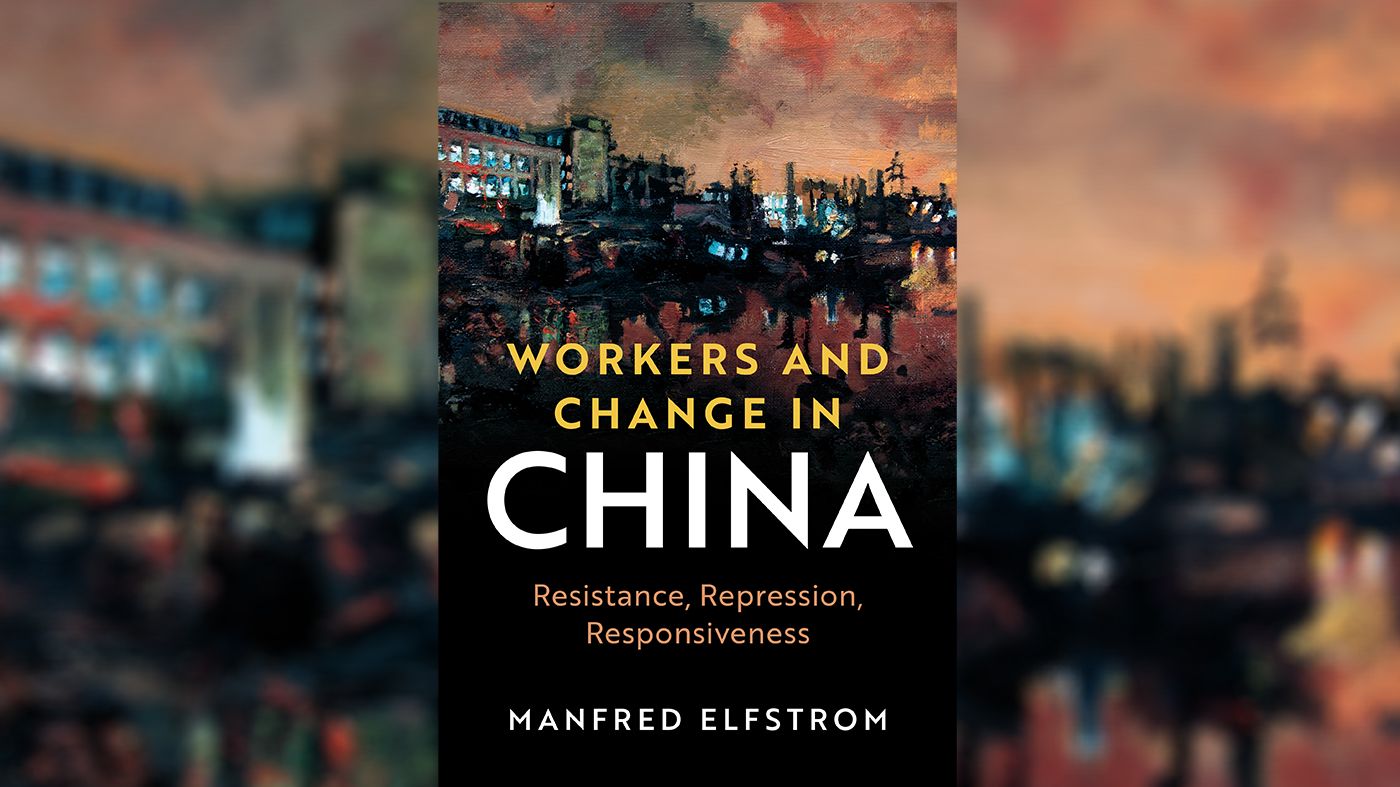This week, Kaiser chats with Manfred Elfstrom, an assistant professor in the Department of Economics, Philosophy, and Political Science at the University of British Columbia, Okanagan. Manfred’s new book, Workers and Change in China: Resistance, Repression, Responsiveness, examines the state’s dynamic approach to handling labor actions — petitions, protests, strikes, and the like — and how it has blended compromise and coercion to address the demands of workers. The book makes an important contribution to a growing body of literature that seeks a deeper understanding of authoritarian governance in China and more generally among autocratic regimes.
3:27 – How the book’s argument fits into the broader literature on authoritarian governance
9:32 – The book’s geographic focus: The Pearl River Delta and the Yangzi River Delta
22:12 – Repression and responsiveness
32:39 – Why repression and responsiveness undercut one another
43:58 – The bureaucratic incentive to handle labor unrest well
50:28 – Labor issues, common prosperity, and the “Red New Deal”
55:58 – The Jasic protests and the crackdown on the Peking University Marxist study group
A transcript of this interview is available on TheChinaProject.com
Recommendations:
Manfred: Elizabeth Perry’s book Anyuan: Mining China’s Revolutionary Tradition; and James Green’s The Devil Is Here in These Hills: West Virginia’s Coal Miners and their Battle for Freedom.
Kaiser: The Ezra Klein Show, and particularly the episode featuring Adam Tooze, “Economics Needs to Reckon with What it Doesn’t Know.”








